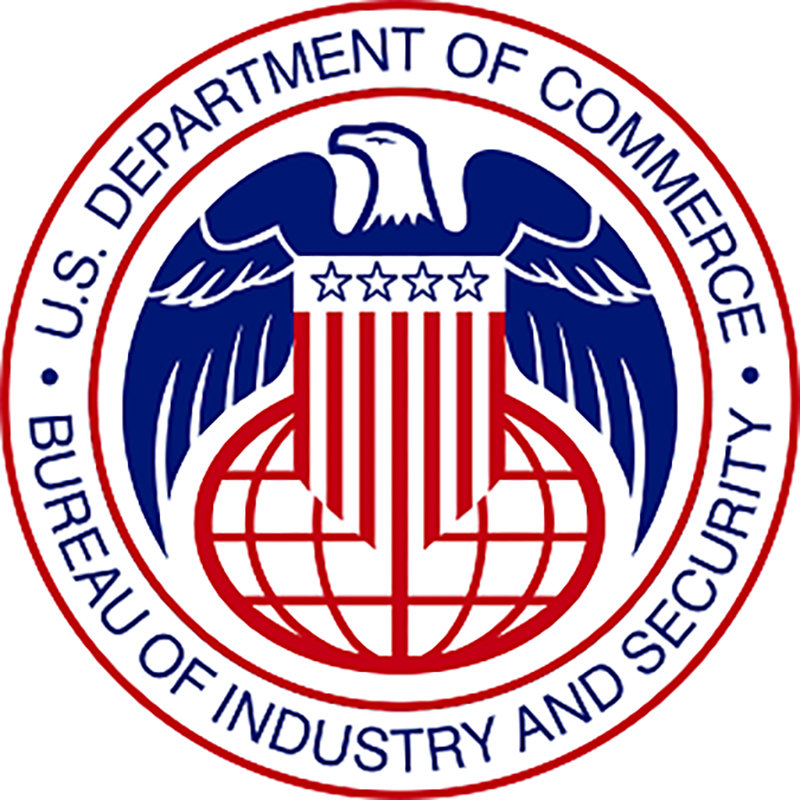


The Washington Tariff and Trade Letter introduces a web-based format for easier review, research and sharing. Clicking on a story in the newsletter will now bring you to the full text on our new web site. A .pdf version of the newsletter is available below. For any questions about website access and your subscription, please contact us at Info@TradeRegs.com – Or call the Editor, Frank Ruffing, at +1.703.283.5220
Brazil’s much-publicized proposal on to move forward the long-stalled World Trade Organization agriculture negotiations appears to be another casualty of WTO members’ inability to find consensus, said people familiar with the developments. Brazil appears to have pulled out all the stops trying to secure support from key countries like the United States, the European Union, China and farm offensive and defensive countries, in an effort to ensure its passage at the WTO’s General Council meeting earlier this week.
U.S. Customs and Border Protection’s Office of Trade and the USDA is hosting a webinar on Wednesday, August 21, 2024, at 2:00 p.m. ET titled Lacey Act and Phase VII Implementation. The webinar will provide an overview of the Lacey Act, describe the 2008 amendments to the act covering plants and plant products and their requirements, and provide the latest updates on Phase VII of the Import Declaration Implementation Schedule.
A grand jury in Kansas City, Kansas, returned an indictment on Wednesday charging a fugitive North Korean national for his involvement in a conspiracy to hack and extort U.S. hospitals and other health care providers, launder the ransom proceeds, and then use these proceeds to fund additional computer intrusions into defense, technology, and government entities worldwide. Rim Jong Hyok worked for North Korea’s Reconnaissance General Bureau (RGB), a military intelligence agency, and participated in the conspiracy to target and hack computer networks of U.S. hospitals and other health care providers, encrypt their electronic files, extort a ransom payment from them, launder those payments, and use the laundered proceeds to hack targets of interest to the North Korean regime.